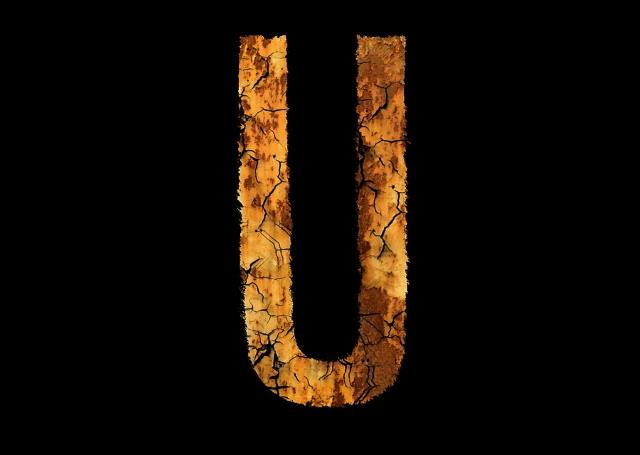U is such a funny letter. You never know whether to take it seriously or whether it’s just a frivolous letter there to make you laugh. There are lots of serious words that start with U. University, universe, undulating, ulterior, undermine — the list of extremely deep and meaningful words that begin with U could go on and on. But forget those. Let’s go for the good stuff!
1. Underwear
The word that real people use instead of saying “undergarments.” It’s the stuff you wear under your wear. Under-wear.
2. Uppity
The adverb of being up, of being snooty. Can’t you just picture someone walking around with their nose sticking up in the air?
3. Uh-oh
This is a word that you never want to hear. Especially from your kid using finger paints in the next room.
4. Umpteenth
This is a mystery number that parents use to make their kids feel guilty. “I’m telling you for the umpteenth time, clean your room!” Since kids don’t know how many umpteenth is, they can’t argue back. It’s genius.
5. Urushiol
We bet you’re just itching to know what this word means. It’s the substance in poison ivy that makes the itch unbearable. Nice, huh? Don’t bother trying to pronounce it. Just avoid it at all costs.
6. Uglify
This is really a word. It means “to make ugly.” The next time your significant other asks you how they look, you could say that their clothes uglify them. Go ahead. We dare you.
7. Urinating
There’s no good way to use this in a sentence without sounding gross. But we’ll try anyway: “Oh, look! That cute puppy is urinating on the fire hydrant!” The word “urinating” takes the adorable right out of the puppy. It just uglifies every sentence it appears in.
8. Ugh
It’s possible that your distant ancestors used this word frequently. It might have been the equivalent of our conversations today.
Scene: Caveman walks into a cave to get warm by the fire. “Ugh.”
Second caveman waves his stick at first caveman to get lost. “Ugh! Ugh!”
First caveman urinates on the fire, putting it out.
9. Uncalled
This word has a crutch. It always, always has to have “for” after it to make sense. As in, “Hey, that was uncalled for!” Really, if they’re always going to appear together, why not make a new word: uncalledfor. Why have a space at all? That space is completely uncalledfor, and we all know it.





